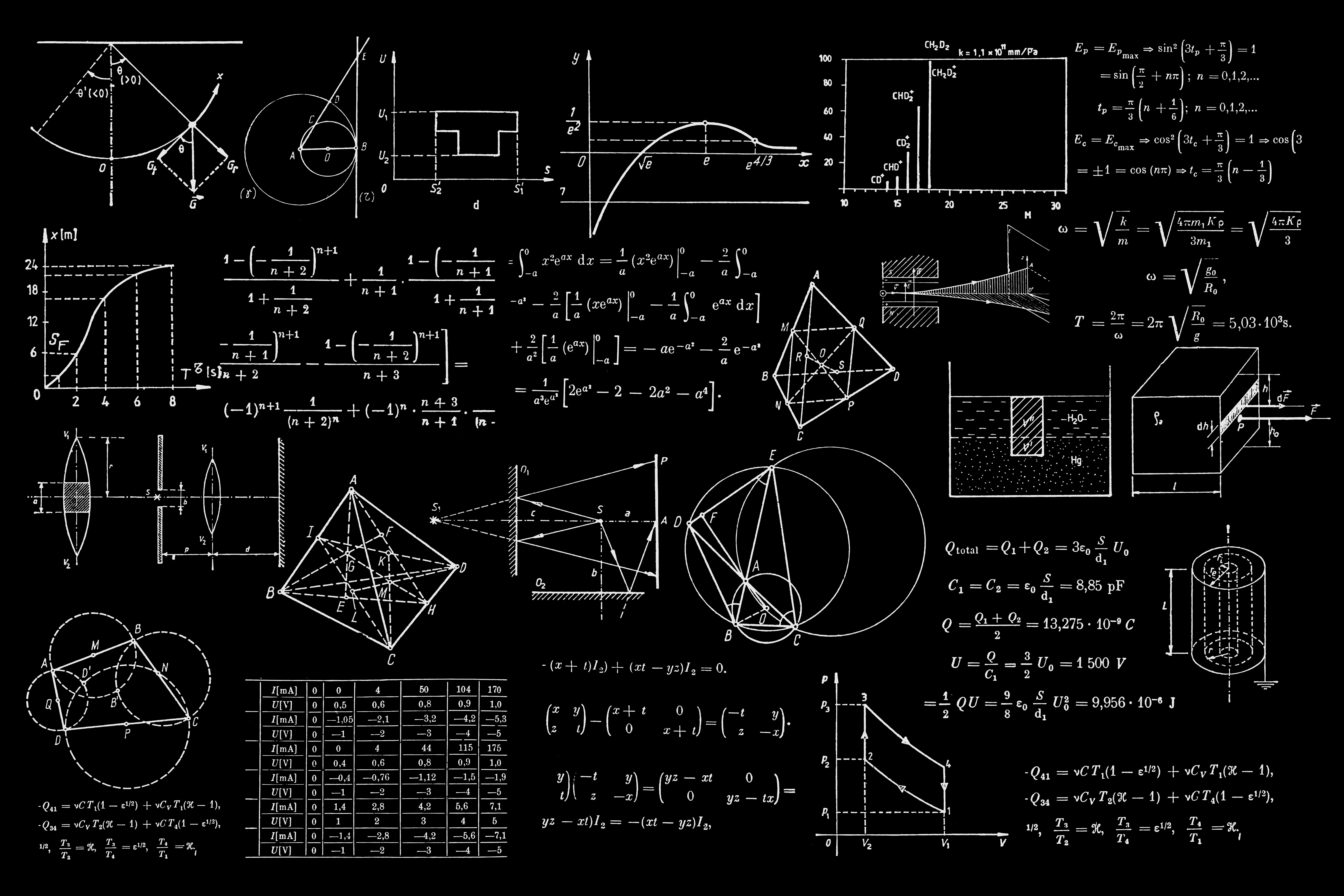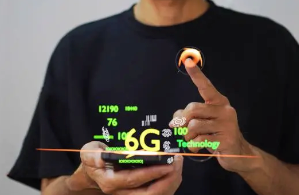Quantum Computing in 2025: Hype or Real Progress?

Quantum Computing in 2025: Hype or Real Progress?
Quantum computing has long been heralded as the next big technological breakthrough, capable of solving problems beyond the reach of classical computers. As we step into 2025, the question remains: is quantum computing finally living up to the hype, or are we still years away from realizing its full potential?
What Is Quantum Computing?
Quantum computing is based on the principles of quantum mechanics — the physics of subatomic particles. Unlike classical computers that use bits (0s and 1s), quantum computers use qubits , which can exist in a superposition of both 0 and 1 states simultaneously.
This leads to two key properties:
- Superposition : Qubits can represent multiple states at once, allowing quantum computers to explore many possibilities simultaneously.
- Entanglement : Qubits can be correlated with one another such that the state of one instantly affects the state of another, even at a distance.
Together, these properties allow quantum computers to perform certain computations far more efficiently than classical machines.
Where We Stand in 2025
Hardware Progress
Significant strides have been made in building more stable and scalable quantum processors:
- IBM has introduced its 1,121-qubit processor "Condor" and aims for a 10,000+ qubit system by 2027.
- Google continues advancing its superconducting qubit system and has developed error-correction techniques to increase qubit fidelity.
- Intel , Honeywell , and IonQ are also competing with trapped-ion and silicon-based qubit technologies.
However, today’s systems are still classified as Noisy Intermediate-Scale Quantum (NISQ) — meaning they contain hundreds of qubits but are not yet fault-tolerant.
Software and Algorithms
Progress in quantum software is catching up fast:
- Qiskit (IBM), Cirq (Google), and PennyLane (Xanadu) are enabling researchers to build and simulate quantum circuits.
- Hybrid quantum-classical algorithms, such as Variational Quantum Eigensolvers (VQE) and Quantum Approximate Optimization Algorithm (QAOA) , are being tested on real hardware.
- Quantum Machine Learning is emerging as a promising area, though it remains largely experimental.
Cloud Quantum Platforms
Access to quantum processors is now available via the cloud, making experimentation more accessible than ever:
- IBM Quantum
- Amazon Braket
- Microsoft Azure Quantum
- Rigetti Forest
This accessibility is fueling academic research and industry exploration, even if large-scale commercial use is still limited.
Key Applications (Present and Future)
| Field | Potential Quantum Applications |
|---|---|
| Cryptography | Quantum algorithms could break RSA and enable quantum-safe encryption. |
| Chemistry | Simulate molecules at quantum scale for drug discovery or materials science. |
| Finance | Optimize portfolios, simulate risk, and solve complex equations. |
| Artificial Intelligence | Speed up training for certain types of machine learning models. |
| Logistics & Optimization | Solve traveling salesman and other NP-hard problems more efficiently. |
Hype vs. Reality
Despite promising progress, challenges remain:
Still Limited by Noise and Error Rates
Current quantum processors are error-prone and require frequent calibration. Achieving fault tolerance — the ability to correct quantum errors reliably — is still an ongoing effort.
Commercial Use Is Rare
While large companies are exploring quantum solutions, most use-cases are in research and prototyping stages. There is no known "quantum advantage" in general-purpose commercial settings — yet.
Security Concerns Are Real
Quantum computing poses a future threat to modern encryption, which relies on the difficulty of factoring large numbers (something Shor’s Algorithm could disrupt). Governments and tech firms are now preparing Post-Quantum Cryptography (PQC) standards.
The Global Quantum Race
Quantum computing is becoming a geopolitical competition:
- United States : Significant government funding and private investment.
- China : Strong national research programs and quantum supremacy claims.
- Europe : EU’s Quantum Flagship program is funding collaboration across nations.
- Canada & Australia : Known for foundational quantum research and startups like Xanadu and Q-CTRL.
What to Expect by 2030
Experts predict the following milestones by the end of the decade:
- Fault-tolerant quantum computers with 100,000+ logical qubits
- Real-world applications in drug discovery, optimization, and quantum AI
- Secure communication networks powered by quantum key distribution (QKD)
- Specialized quantum chips integrated with classical systems (hybrid computing)
Conclusion
Quantum computing in 2025 is no longer just theoretical — it’s experimental, applied, and increasingly accessible. However, it still hasn’t reached the level of disruption that many predicted a decade ago. We're witnessing meaningful progress, but also encountering the harsh realities of scaling such a delicate and complex technology.
It’s no longer a question of “if” quantum computing will change the world, but “when” — and perhaps more importantly, “how.”
The hype has sparked innovation. Now the hard work begins.




